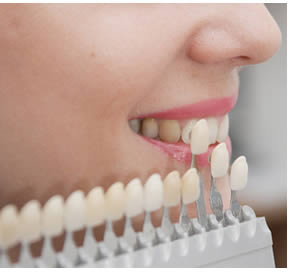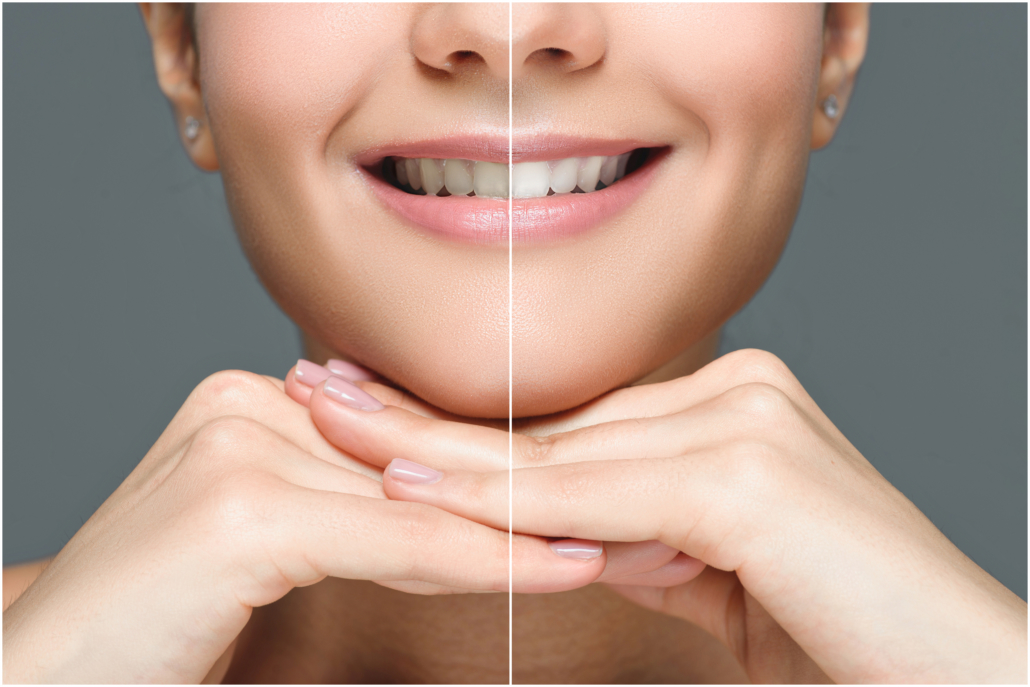Research in the dental field also works in the constant search for new materials, in particular increasing the resistance of materials to abrasion can positively affect the duration of many treatments and limit the wear of dental veneers.
Dental materials and abrasion
Dental materials that are used in conservative dentistry treatments can undergo great stress within the oral cavity. These are mechanical stresses, such as chewing or bruxism, and chemical stresses from acidic food and drinks or abrasive substances, such as some types of toothpaste.
In these cases, dental reconstructions undergo a gradual abrasion and roughening of the surface, a condition that affects the aesthetics because the treated part can change color.
Wear of dental veneers: materials in comparison
In a study published in the Journal of Prothodontics in October 2021, researchers analyzed the surface roughness before and after wear tests of prefabricated dental veneers with two different types of composite comparing it to the wear of ceramic veneers and that of enamel. natural dental.
The tests were carried out on:
- dental veneers made with two prefabricated composites (Visalys Veneer Chairside / VIS) and Componeer / COM);
- lithium disilicate ceramic veneers;
- dental enamel samples (DENT).
The wear tests of the dental veneers were conducted by means of abrasion tests, with a brushing simulator and erosion tests, carried out with citric acid.
The results of the abrasion tests on dental veneers
Composite resin veneers exhibited similar or better surface qualities than lithium disilicate glass ceramic veneers.
All materials showed significantly lower average roughness than dental enamel. After the citric acid erosion wear tests, the tooth enamel was significantly more affected than all the other veneers tested.
The composite dental veneers visually revealed the smoother surface after abrasion as well as after erosion wear tests.
After brushing, with and without toothpaste, it emerged that in all materials the wear of the dental veneers increases with the use of toothpaste.
Overall, the research data showed that prefabricated composite veneers suffer less wear after abrasion and erosion tests than dental enamel, but have shown greater wear than ceramic dental veneers.
The dentist always evaluates the best solution for the specific clinical case, even in the application of dental veneers he will evaluate the most suitable material for the patient’s oral situation.


















